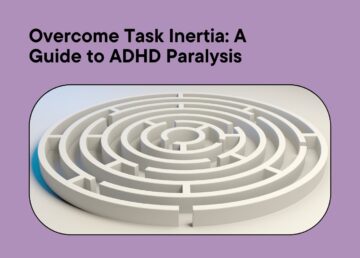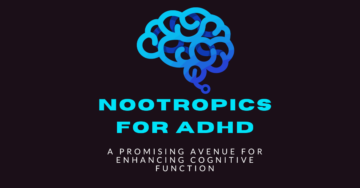
Sleep is one of the most important parts of our life. In fact, it’s as important as eating, drinking, and breathing, having a big impact on our health and helping us recover from mental and physical exertion.
We get it; when you’re stressed about something, it can be difficult to sleep because it sometimes seems like you’re just downing tools and wasting time, especially when you lie awake for hours without dropping off. But the truth is that your body and brain need sleep, and if you skip it or don’t get enough, then you can’t perform at your best.
But as important as sleep is, we’re not here to tell you to get more of it, because if anything, that will just make you feel worse. Instead, let’s take a look at 17 fun facts about sleep.
- Scientists don’t actually know why we sleep.
- 12% of people dream in black and white, and the rest of us dream in color, but before color TV, 85% of people dreamed in black and white.
- People sleep better during a new moon and worse during a full moon, although no one knows why.
- Human beings can sleep with their eyes open.
- According to NASA, the perfect nap lasts for 26 minutes.
- Humans are the only mammals that willingly delay sleep.
- You can only dream about faces that you’ve already seen.
- The fear of falling asleep is called somniphobia.
- Staying awake for 16 hours straight has the same impact on your performance as a blood alcohol level of 0.05% (which is nearly the legal limit for a DUI).
- Giraffes only need 1.9 hours of sleep a day, but brown bats need over ten times as much – 19.9 hours.
- There are fewer road traffic accidents the day that daylight savings time ends because everyone has an extra hour of sleep.
- It’s impossible to sneeze while sleeping.
- Most people burn more calories while sleeping than they do watching television.
- You’ll spend about 6 years of your life dreaming.
- People who suffer from depression dream as much as 3–4 times more than other people.
- Almost everything we know about sleep was discovered within the last 30 years.
- You forget half of your dreams within 5 minutes of waking up and 90% of them within 10.
Sweet dreams!




